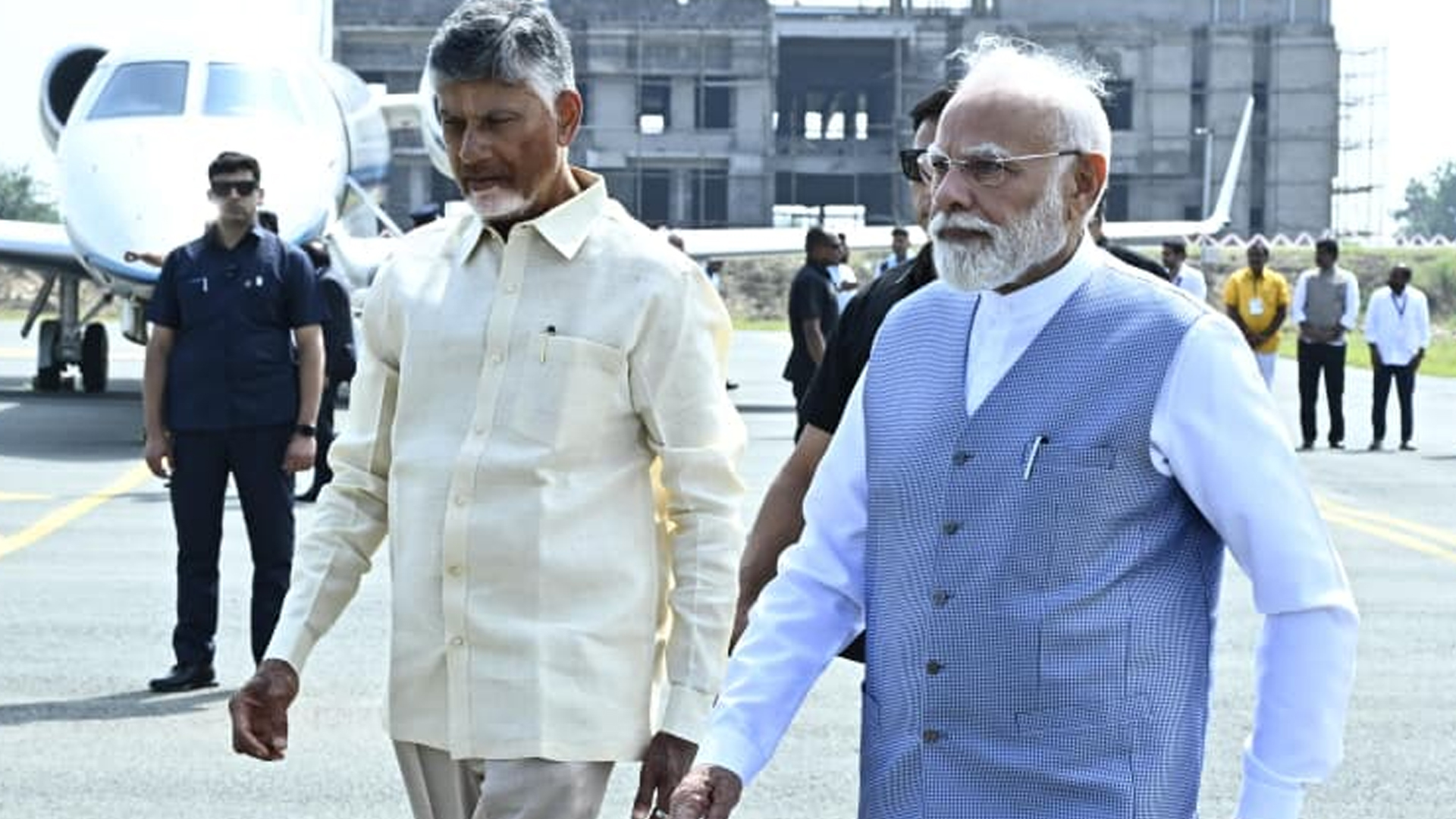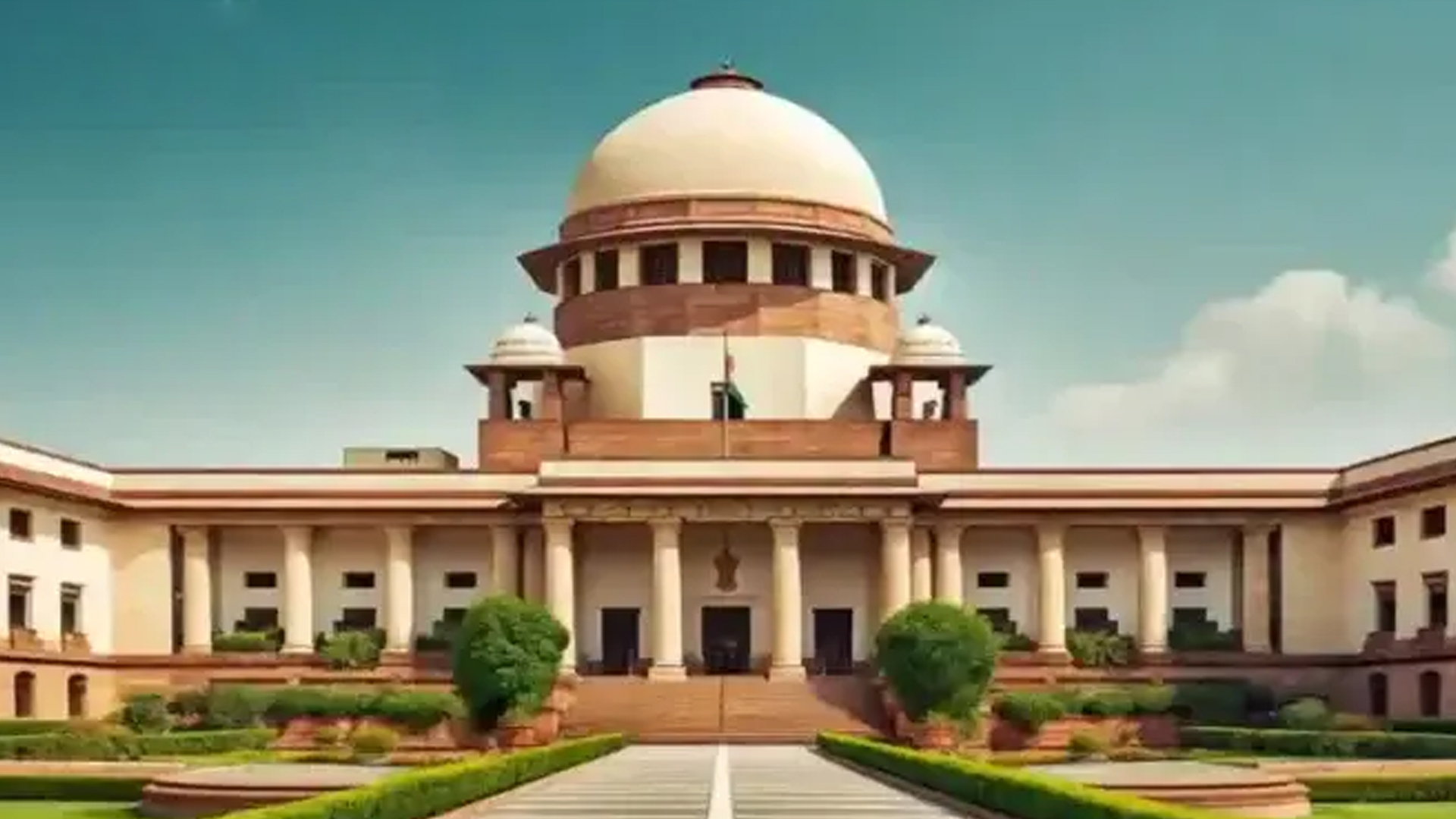The execution of Kerala nurse Nimisha Priya, on death row in Yemen, has been stayed for now, the Indian government has confirmed to the Supreme Court. The SC was hearing a plea for directions to the government to use diplomatic channels to save the 38-year-old nurse, who was convicted of murdering her Yemeni business partner in 2017.
The bench directed that the matter be listed in January 2026 for further hearing, while allowing the parties the option to request an earlier listing should circumstances demand.
Nimisha Priya, a nurse from Palakkad, Kerala, was sentenced to death in 2020, and her final appeal was rejected in 2023. The execution was initially scheduled for July 16, 2025, but the plan was stayed following diplomatic interventions and ongoing efforts to explore alternative resolutions.
Priya’s mother traveled to Yemen, after receiving permission from the Delhi High Court, to negotiate with the family of the deceased, who, under Sharia law, have the option to pardon the offender in exchange for “blood money” (diyah). However, the victim’s family has consistently refused all such offers, insisting on the imposition of the death penalty.
The Supreme Court has been closely monitoring the case in response to petitions from the ‘Save Nimisha Priya International Action Council,’ which has been extending legal and humanitarian support. The petitioners sought a directive to the Indian government to actively engage diplomatic channels and secure Priya’s release. Attorney General Venkataramani assured the bench that the Centre continues to pursue every available avenue to protect Priya and that the entry of a new mediator into the case offers a constructive pathway for negotiations.
Diplomatic efforts have included engagement with Yemeni authorities as well as discussions with other friendly nations to explore a mutually agreeable solution. Earlier, the Ministry of External Affairs had highlighted that India remains in constant touch with Yemeni officials to prevent any irreversible action against Priya. Experts point out that the situation underscores the sensitive nature of cross-border legal cases, where domestic judicial processes intersect with foreign legal systems governed by differing religious and civil laws.
While the case remains unresolved, the Supreme Court’s acknowledgment of the stay and ongoing diplomatic engagement offers a temporary reprieve for Priya. Legal analysts note that the January 2026 listing will provide a window for both the Indian government and international mediators to seek a resolution, potentially through humanitarian interventions or continued negotiations with the victim’s family. The case continues to attract attention for its combination of legal, diplomatic, and humanitarian dimensions, highlighting the challenges of securing justice and protection for Indian citizens abroad.
Also Read: EPFO Adds 15 Banks to Ease PF Contributions





